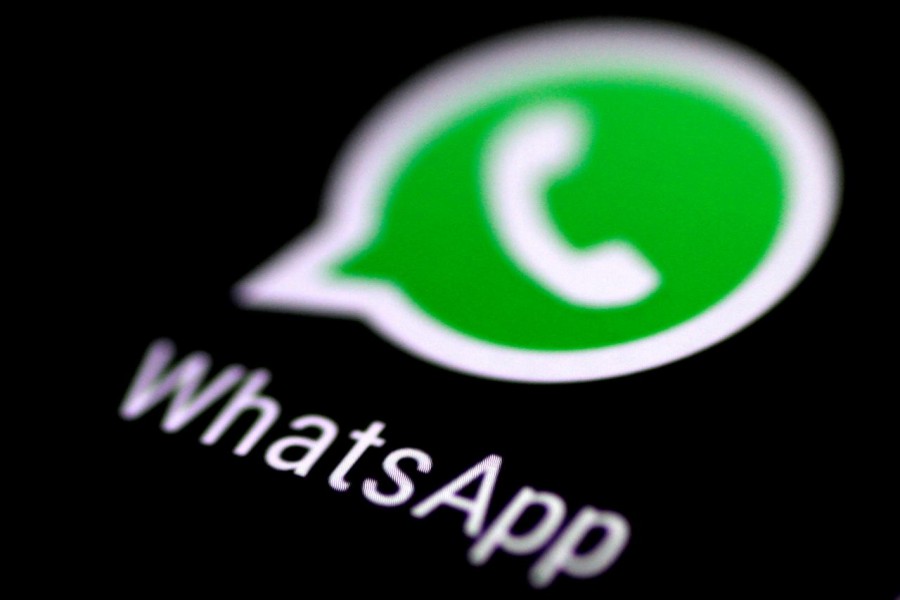WhatsApp has launched a fact-checking service for Indians, where users can send in messages, photos and videos that they want verified. They will then be told if it's true, false, disputed or misleading.
The "checkpoint tipline" (9643-000-888), as it is known, is meant to counter fake news and misinformation ahead of India's general election.
The feature will be available in English and four Indian languages - Hindi, Telugu, Bengali and Malayalam.
WhatsApp is not the first to operate such a service. Indian fact-checking platforms AltNews and Boom already verify questionable content sent in by readers via WhatsApp. The BBC, via its various Indian language services, also fact-checks reports sent in by readers to identify misinformation.
But the messaging platform itself has now launched its own operation, with a little over a week to go until the first votes are cast.
Why is this important?
WhatsApp has been under scrutiny in India, where misinformation spread via the app has fuelled mob violence.
Facing pressure from the Indian government, the platform was forced last year to implement several features to curb fake news. It limited the number of times a message could be forwarded and marked such messages with a label so users were aware, reports the BBC.
With an estimated 200 million users, India is WhatsApp's biggest market. It is also the most popular internet-based service in the country. This means it has tremendous reach, allowing messages to spread quickly and exponentially.
In recent years, WhatsApp in India has become notorious for viral and often unverified political messaging - text, photos and, most of all, videos that sometimes promote conspiracy theories and outright false information.
"This tipline will help create a database of rumours to study misinformation during elections," WhatsApp said in a statement.
With WhatsApp and Facebook being increasingly used for campaigning, India's Election Commission has said it will hold politicians accountable for what they say on social media platforms.
Earlier this week, Facebook removed hundreds of accounts and pages linked to India's main opposition Congress party for "co-ordinated inauthentic behaviour". Many pro-BJP pages were also removed, according to reports, but Facebook did not mention these explicitly.


